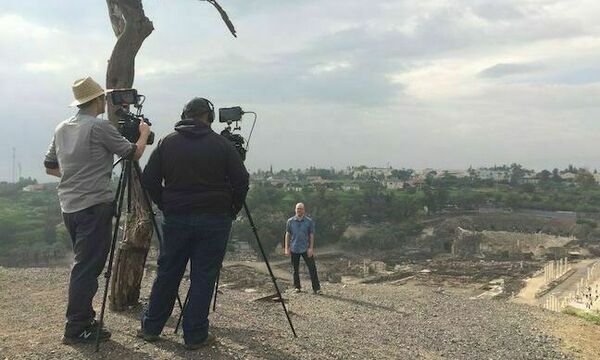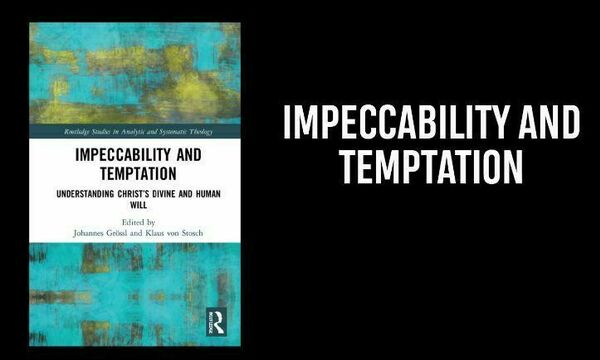Category: Theology
Surprised by Edwards
An interview with Kyle Strobel about his new book "Jonathan Edwards: An Introduction to His Thought"
Are All Religions Created Equal?
Just How Many Ways Are There to Make Peace with God?
The Balanced Life
Part 4
 Biola University
Biola University








